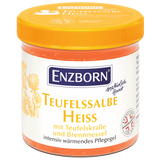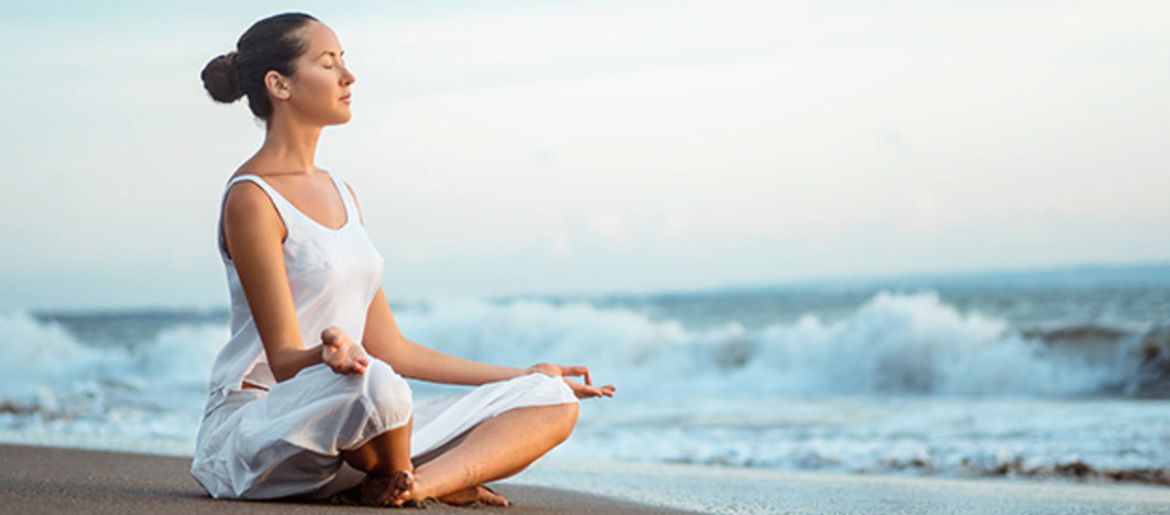6 Relaxation Techniques to Reduce Stress
We all face stressful situations throughout our lives, from minor annoyances like traffic jams to more serious concerns like the serious illness of a loved one. Regardless of the cause, stress floods our bodies with hormones. The heart pounds, breathing speeds up, muscles tense.
This so-called stress response is normal when our brain perceives a threat. In the past, we needed it to survive in the wilderness. But today we are rarely in physical danger of our lives; rather, challenging situations in everyday life trigger this reaction.
Especially nowadays, when the world seems to spin faster every day and the Corona pandemic keeps presenting us with new challenges, it happens quickly that we are exposed to stress too often. The result is a chronic stress reaction that has many negative effects on the psyche and body if nothing is done about it.
Of course, we cannot avoid all sources of stress in our lives, nor do we want to. But we can develop healthier ways of responding to them. Used regularly, relaxation techniques can reduce symptoms of stress and help us to have a better quality of life.
What is Relaxation?
The opposite of a stress response is a relaxation response. This is a state of deep calm that can be induced in many ways. Through regular practice, we create a source of calm from which we can draw when needed.
The Benefits of Relaxation Techniques
When you are faced with a multitude of responsibilities and tasks, or the demands of an illness, relaxation techniques may not be a priority in your life. But that means you could be missing out on the health benefits of relaxation.
Using relaxation techniques can bring many benefits, including:
- Slowing the heart rate
- Lowering blood pressure
- Slowing the rate of breathing
- Improving digestion
- Maintaining normal blood sugar levels
- Reducing the activity of stress hormones
- Increasing blood flow to major muscles
- Reducing muscle tension and chronic pain
- Improving concentration and mood
- Improving sleep quality
- Reducing fatigue
- Reducing anger and frustration
- Increasing self-confidence to cope with problems
Common Relaxation Techniques
Whether your stress is out of control or you have already managed it, you can benefit from learning relaxation techniques. Fortunately, learning basic relaxation techniques is easy.
Below we present six relaxation techniques that can help you elicit the relaxation response and relieve stress. In general, relaxation techniques are about focusing your attention on something calming and raising your awareness of your body. It doesn't matter which relaxation technique you choose. All that matters is that you try to use the relaxation technique regularly in order to reap its benefits.
1. Concentration on Breathing
In this simple but effective technique, you take long, slow and deep breaths (also known as abdominal breathing). As you breathe, you gently switch your mind off from distracting thoughts and sensations. However, this technique may not be suitable for people with health problems that make breathing difficult, such as respiratory conditions or heart failure.
2. Progressive Muscle Relaxation
In this relaxation technique, you focus on slowly tensing and then relaxing each muscle group. This can help you to recognise the difference between muscle tension and relaxation. You can become more aware of physical sensations as a result.
In progressive muscle relaxation, you start by tensing and relaxing the muscles in your toes and gradually work your way up to your neck and head. You can also start with the head and neck and work your way down to the toes. Tense your muscles for about five seconds and then relax for 30 seconds and repeat.
3. Autogenic Training
Autogenic training is a deep relaxation method developed in the 20th century by Berlin psychiatrist Johannes Heinrich Schultz, based on autosuggestion. Autogenic means that it comes from within you. In this relaxation technique, you use both visual images and body awareness to relieve stress.
You repeat words or formulas in your mind that can help you relax and relieve muscle tension. For example, you can imagine a peaceful environment and then focus on controlled, relaxing breathing, slowing down your breathing or noticing different physical sensations, such as relaxing each arm or leg in turn.
4. Mindfulness Meditation
In this exercise, you sit comfortably, focus on your breathing and bring your attention to the present moment without drifting into thoughts of the past or the future. This form of meditation has become increasingly popular in recent years. Research suggests that it can be helpful for people with anxiety, depression and pain.
5. Yoga, Tai Chi and Qi Gong
These three ancient arts combine rhythmic breathing with a series of postures or flowing movements. The physical aspects of these practices provide a mental focus that can distract you from racing thoughts. They can also improve your flexibility and balance. However, if you are not normally active, have health problems or suffer from a painful or disabling condition, these relaxation techniques may be too challenging. Talk to your doctor before using them.
6. Visualisation
This relaxation technique allows you to create mental images to take a visual journey to a peaceful, calming place or situation.
To relax using visualisation, try to involve as many senses as possible, including smell, sight, hearing and touch. For example, if you imagine relaxing by the sea, think of the smell of salt water, the sound of the crashing waves and the warmth of the sun on your body.
Close your eyes, sit in a quiet place, loosen your clothes and concentrate on your breathing. Try to focus on the present and think positive thoughts.
Relaxation Methods Need Practice
Learning relaxation techniques can help you become more aware of muscle tension and other physical sensations of stress. Once you know what the stress response feels like, you can make a conscious effort to use a relaxation technique as soon as you feel symptoms of stress. This can prevent stress from getting out of control.
Remember that relaxation techniques are skills. As with any other skill, your ability to relax improves with practice.
Instead of choosing just one technique, experts recommend trying several in the beginning to find out which works best for you.
Try to practise for at least 20 minutes a day, but even a few minutes can help. But the longer and the more often you use these relaxation techniques, the greater the benefits and the more you can relieve stress.
Latest reviews
-
 4.5 (11)
4.5 (11)ZeinPharma Cat's Claw Capsules 500 mg, 90 capsules
- From the bark of the cat's claw
- Highly active ingredients
- From South America
£18.40 (£353.85 / kg)Delivery by April 29
-
 5.0 (1)
5.0 (1)ENZBORN Pretty Feet Cream, 75 ml
-5%- Cream-gel consistency
- With urea, hawthorn, jojoba oil & allantoin
- Absorbs quickly & does not stick
£5.29 £5.55 (£70.53 / l)Delivery by April 29
-
 5.0 (4)
5.0 (4)ENZBORN Icy Devil's Salve, 200 ml
- Moisturizes
- Cooling & refreshing
- Can be used with insect bites
£7.70 (£38.50 / l)Delivery by April 29
-
 £7.70 (£38.50 / l)
£7.70 (£38.50 / l)Delivery by April 29
Magazine Articles:
-
Great Britain: Free standard delivery from £49.90
-
Free
returns -
We operate in a
climate-conscious manner. More than 7.800 products

